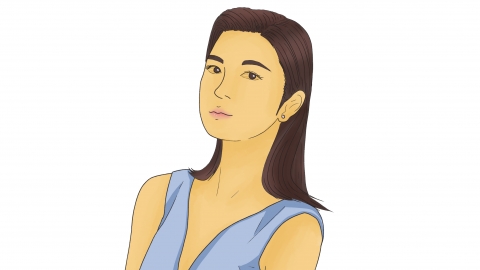Is blue light irradiation effective in treating jaundice?
Blue light therapy is usually an effective treatment for jaundice and is recommended to be conducted under a doctor's guidance.

For jaundice, especially jaundice caused by hyperbilirubinemia, blue light therapy is an effective treatment method. Blue light can convert indirect bilirubin in the blood into a form that is easily excreted from the body, thereby reducing bilirubin concentration in the blood and alleviating symptoms of jaundice. This therapy is usually performed in a hospital setting and administered by professional medical staff to ensure safety and effectiveness.
Blue light therapy has been widely used in treating neonatal jaundice, helping to reduce adverse effects of jaundice on newborns, such as brain damage and hearing loss. Phototherapy for jaundice, including blue light therapy, is also used to treat jaundice in adults and children. However, the duration of blue light therapy should be determined according to the severity of jaundice and the patient's weight. Doctors will formulate a treatment plan based on the individual condition of the patient, and parents should follow medical advice closely without altering the treatment duration arbitrarily.
During the blue light therapy, parents should closely monitor the child's skin reaction. If skin redness, itching, or other allergic reactions occur, the therapy should be stopped immediately.




